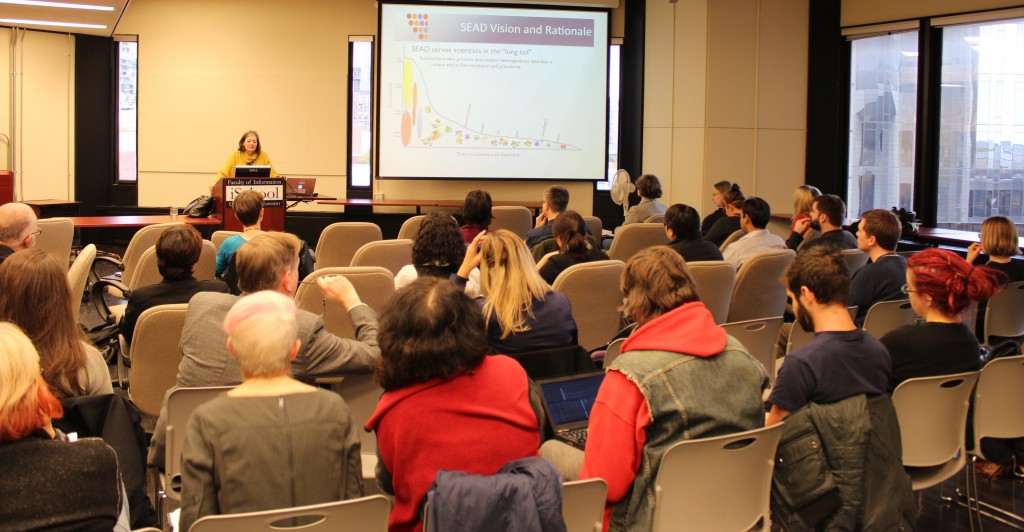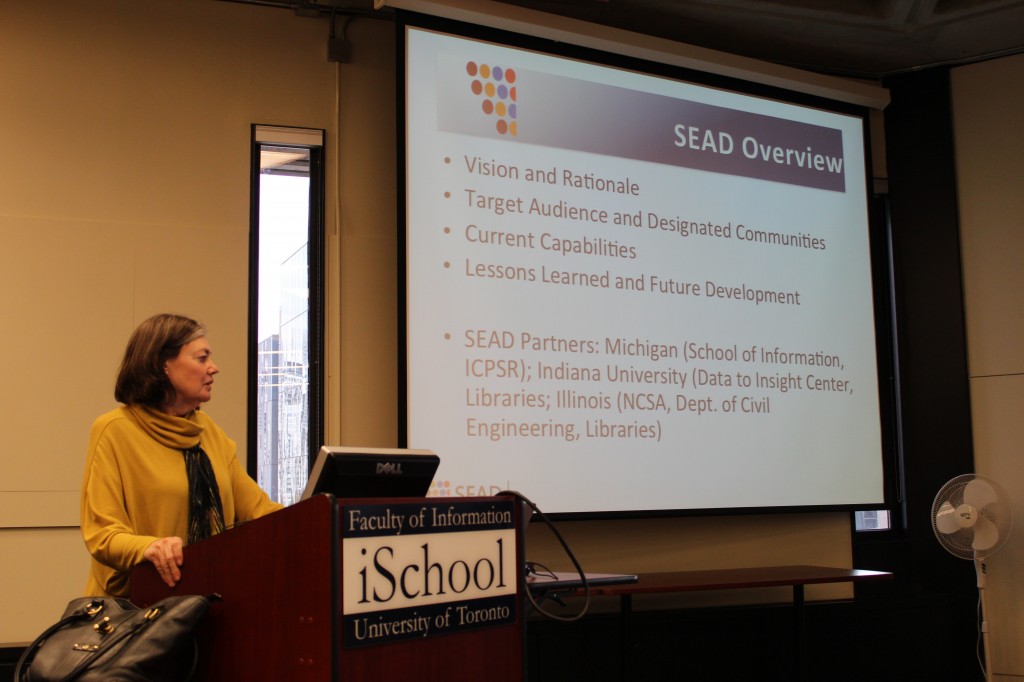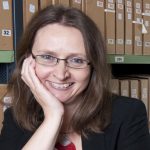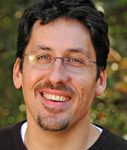Abstract:
The sheer amount of social, cultural, and political information that is generated and, crucially, preserved every day presents new exciting opportunities to historians. A large amount of this information is being contained within web archives, which contain billions of web pages. Scholars broaching topics dating back to the mid-1990s will find their projects enhanced by web data – military historians can use forum posts by soldiers, social historians can track aspects of everyday life through blogs and comments, political historians can study changing sentiment, tropes, and link structures, and economic historians can explore the rise and fall of businesses webpages. Yet this tremendous opportunity is mitigated to some degree by the sheer challenge of dealing with all that data: we have more information than ever before, but the scale is overwhelming.
We have several common tensions, however, beyond basic ones of having enough storage and computational power to deal with all of this information. I will focus on two. The first is that while historians largely want to work with content, technological limitations push us towards rich metadata. The second is that without basic understanding of the conceptual structure of the web archive, from crawl structure to the biases, we can generate wildly misleading results – a problem for historians with most digitized sources.
In this talk, I explore these tensions as they have played out over three case studies that I have studied: the Internet Archive’s March-December 2011 Wide Web Scrape (WARC files), the 2009 GeoCities end-of-life torrent (a wget-compiled collection of mirrored websites), and the 2005-Present Archive-It collections of Canadian political parties, unions, and organizations (WAT files, which contain derivative data). For each archive, I briefly discuss the usage, technical, and ethical challenges that such collections present for historians: problems of too much data, processing time, and the difficulties in applying cutting-edge natural language processing.
Biography:
Ian Milligan is an assistant professor of digital and Canadian history at the University of Waterloo. There, he is principal investigator of the web archives for historical research group (https://uwaterloo.ca/web-archive-group/), which is supported by an Ontario Early Researcher Award and SSHRC. Milligan serves as a co-editor of the Programming Historian (programminghistorian.org). He has published several articles looking at the impact of born-digital sources on historians and has a forthcoming co-authored book, Exploring Big Historical Data: The Historians’ Macroscope on digital methods with Imperial College Press. His first book, Rebel Youth: 1960s Labour Unrest, Young Workers, and New Leftists in English Canada, appeared in 2014.
The lecture takes place at 16:00-17:30 on Thursday, 29th of October 2015, in Room 728 (7th floor) at the iSchool, Bissell Building, 140 St. George Street.
Prof. Milligan is also conducting a 2-hour hands-on Workshop on web archive visualization on October 30!



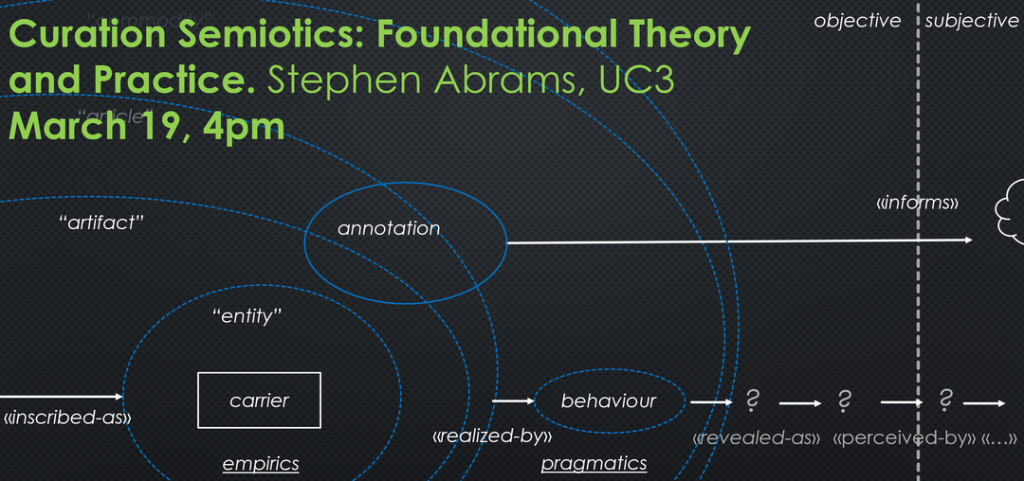
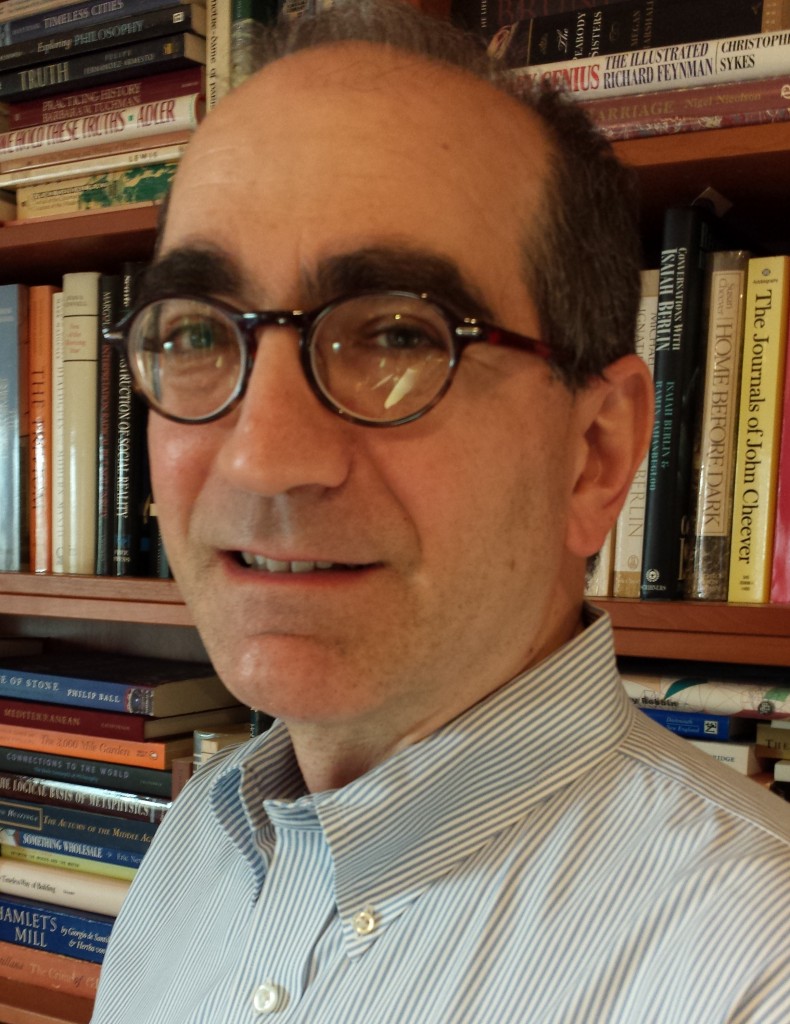
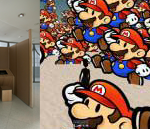
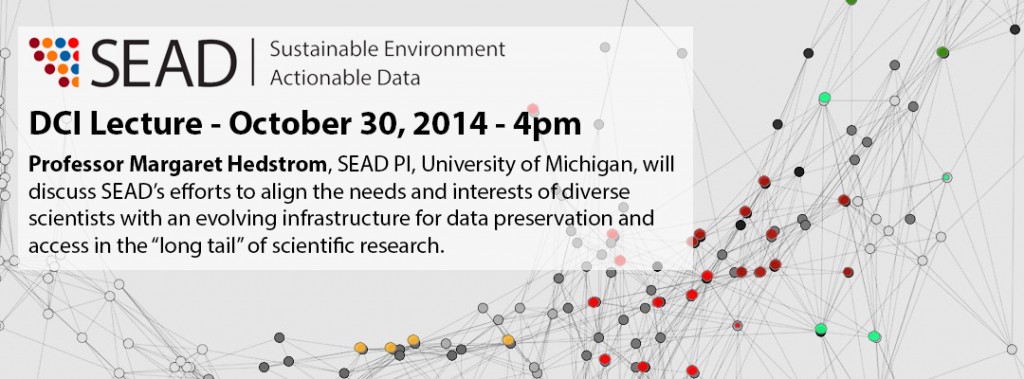
 Margaret Hedstrom is a Professor at the School of Information, University of Michigan. Her current research interests include digital preservation strategies, sharing and reuse of scientific data, and the role of archives in shaping collective memory. She is PI for SEAD (Sustainable Environment: Actionable Data), an $8 million project funded by the US National Science Foundation, that is building cyberinfrastructure and developing new practices for data sharing, preservation, access and reuse. She also heads a NSF-sponsored traineeship (IGERT) at the University of Michigan called “Open Data” in partnership with faculty and doctoral students in bioinformatics, computer science, information science, materials science, and chemical engineering that is investigating tools and policies for data sharing and data management. She currently chairs a study committee for the National Research Council, National Academy of Science, on Digital Curation Workforce and Education Issues.
Margaret Hedstrom is a Professor at the School of Information, University of Michigan. Her current research interests include digital preservation strategies, sharing and reuse of scientific data, and the role of archives in shaping collective memory. She is PI for SEAD (Sustainable Environment: Actionable Data), an $8 million project funded by the US National Science Foundation, that is building cyberinfrastructure and developing new practices for data sharing, preservation, access and reuse. She also heads a NSF-sponsored traineeship (IGERT) at the University of Michigan called “Open Data” in partnership with faculty and doctoral students in bioinformatics, computer science, information science, materials science, and chemical engineering that is investigating tools and policies for data sharing and data management. She currently chairs a study committee for the National Research Council, National Academy of Science, on Digital Curation Workforce and Education Issues.